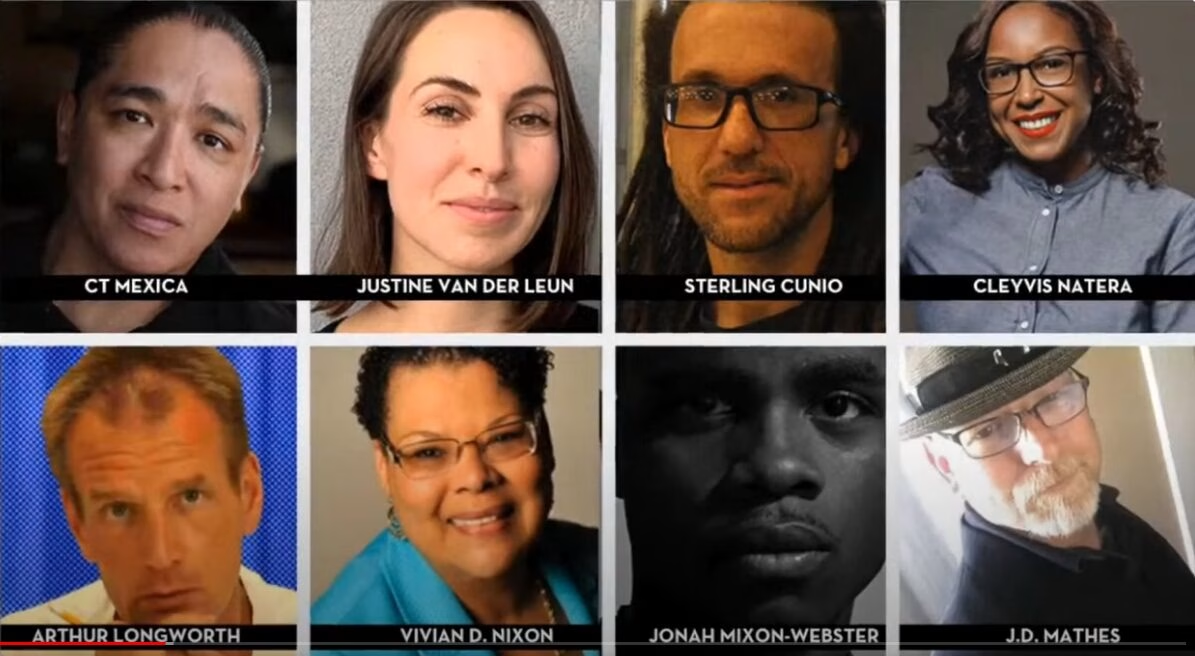Writing for Justice Fellowship
PEN America’s Writing for Justice Fellowship commissions writers—emerging or established—to create written works of lasting merit that illuminate critical issues related to mass incarceration and catalyze public debate.
The Fellowship aims to harness the power of writers and writing in bearing witness to the societal consequences of mass incarceration by capturing and sharing the stories of incarcerated individuals, their families, communities, and the wider impact of the criminal justice system. Our goal is to ignite a broad, sustained conversation about the dangers of over-incarceration and the imperative to mobilize behind rational and humane policies. As an organization of writers dedicated to promoting free expression and informed discourse, PEN America is honored to have been entrusted by the Art for Justice Fund to engage the literary community in addressing this pressing societal issue.
Cohorts
-

Writing for Justice Fellowship 2021-2022
Meet the 2020-2021 Writing For Justice cohort, and learn about their accomplishments. More…
-

Writing for Justice Fellowship 2019-2020
Meet the 2019-2020 Writing For Justice cohort, and learn about their accomplishments. More…
-

Writing for Justice Fellowship 2018-2019
Meet the 2018-2019 Writing For Justice cohort, and learn about their accomplishments. More…